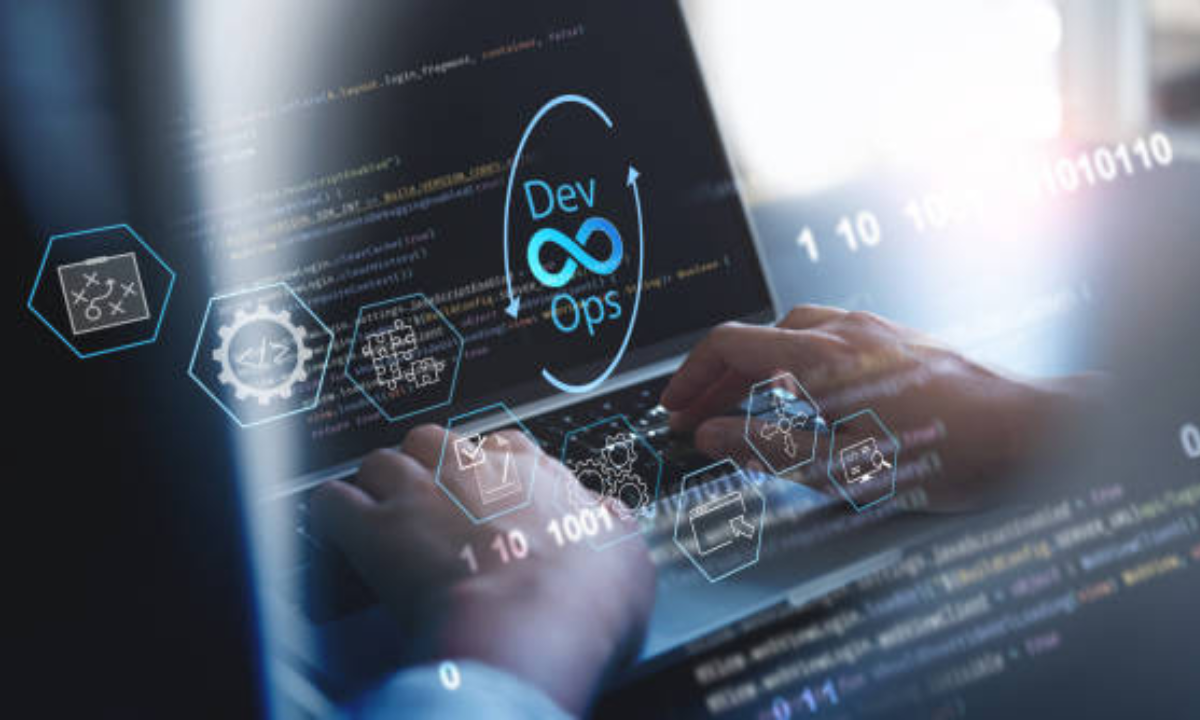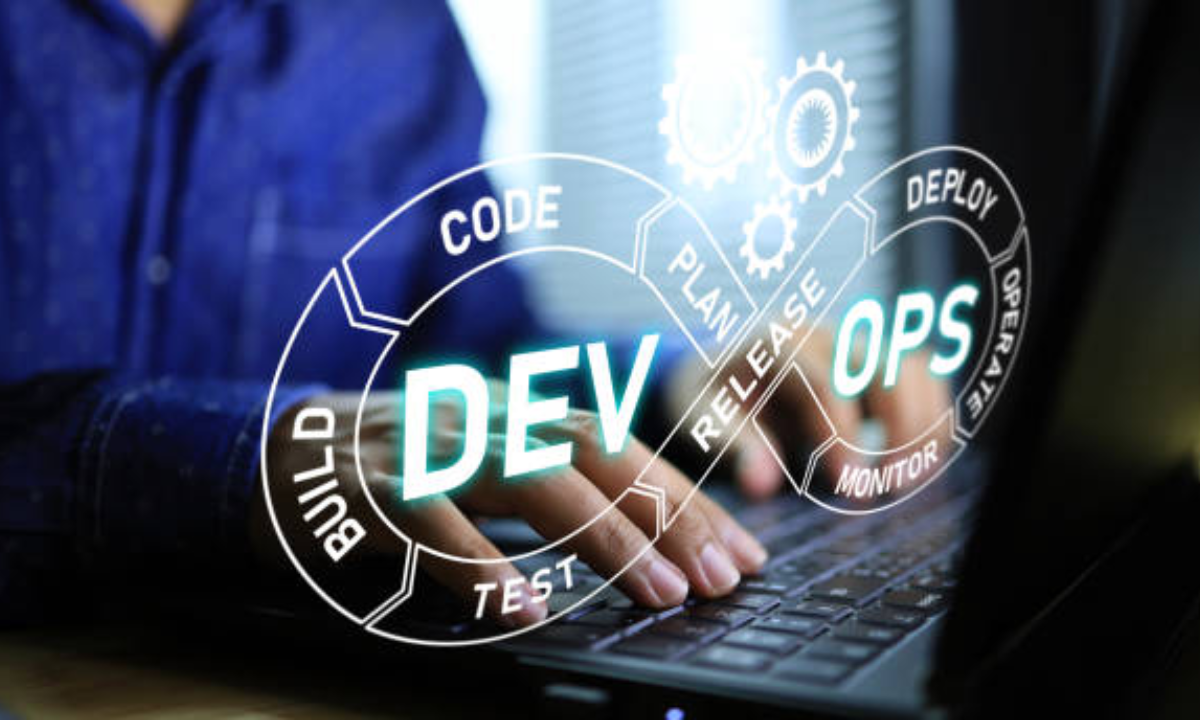Table of contents
|
1. Why DevOps? |
|
2. What Does a DevOps Engineer Do? |
|
3. Understanding the DevOps Lifecycle |
|
4. Key DevOps Tools You’ll Need to Learn |
|
5. Building Your DevOps Roadmap: Step-by-Step Path |
|
6. DevOps Engineer Skills vs DevOps Architect |
|
7. DevOps Jobs in Bangalore – What to Expect |
|
8. Finding the Right DevOps Course in Bangalore |
|
9. Tips to Stay Focused and Learn Efficiently |
|
10. Example: Mini-Project Roadmap |
|
11. FAQs for Beginners |
|
12. Final Thoughts |
The DevOps Roadmap is the first thing beginners should look for when stepping into the world of DevOps. With so many tools, roles, and practices, it can be confusing to know where to begin. Having a clear roadmap helps you focus and progress step by step instead of feeling overwhelmed.
At its heart, DevOps is about bringing development and operations together to create faster, more reliable, and collaborative workflows. At Apponix, we have seen countless learners and professionals benefit from following a structured roadmap that covers the DevOps lifecycle and gradually introduces the most essential DevOps tools.
In this guide, we will walk you through what a DevOps engineer does, the core DevOps engineer skills, the difference between an engineer and a DevOps architect, career paths including DevOps jobs in Bangalore, and why enrolling in a DevOps course in Bangalore could be your best first step. Stick with us; we are breaking it all down into a beginner-friendly roadmap that’s practical and exciting.
1. Why DevOps?
You start by asking yourself, 'Why learn DevOps?' It's more than a buzzword; it’s a cultural shift in how software is built and delivered.
-
It bridges development and operations, enabling faster, more reliable releases.
-
Improves collaboration, reduces silos, and delivers better customer experiences.
-
It’s in demand: companies, especially in tech hubs like Bangalore, are hiring.
2. What Does a DevOps Engineer Do?
So, what does a DevOps engineer do? We like to think of them as orchestrators. In essence:
-
They automate deployments.
-
They ensure infrastructure is reliable and scalable.
-
They monitor, troubleshoot, and iterate continuously.
-
They empower teams to deliver software faster and more safely.
3. Understanding the DevOps Lifecycle
To navigate this journey, let’s walk through the DevOps lifecycle, step by step:
|
Phase |
Role/Focus |
|
Plan |
Define requirements, user stories, and sprint planning. |
|
Code |
Write version-controlled code (e.g., using Git). |
|
Build |
Compile code, run tests, and package artefacts. |
|
Test |
Automated testing—unit, integration, performance. |
|
Release |
Deploy artefacts to production-like environments. |
|
Deploy |
Rollout to production through pipelines and orchestration. |
|
Operate |
Monitor performance, health, and logs; ensure uptime and reliability. |
|
Monitor |
Feedback loops for metrics, alerts, and ongoing enhancement. |
Every DevOps engineer needs to be comfortable across these phases, understanding that the pipeline is essential.
4. Key DevOps Tools You’ll Need to Learn
Let’s talk DevOps tools, the power behind the pipeline:
-
Version Control: Git (GitHub, GitLab, Bitbucket)
-
CI/CD: Jenkins, GitLab CI, CircleCI, Travis CI, Azure DevOps
-
Configuration Management: Ansible, Puppet, Chef
-
Containerization: Docker
-
Orchestration: Kubernetes
-
Infrastructure as Code (IaC): Terraform, CloudFormation
-
Monitoring & Logging: Prometheus, Grafana, ELK/EFK, Splunk
-
Cloud Platforms: AWS, Azure, GCP
Tip: Start small, pick one tool from each category, and gradually build your stack.
5. Building Your DevOps Roadmap: Step-by-Step Path
Here’s a beginner’s roadmap:
-
Learn Git → Basics of version control, branching, pull requests.
-
Master CI/CD → Build pipelines using Jenkins or GitLab CI.
-
Automate Infrastructure → Try Terraform to set up a server.
-
Try Containerization → Docker basics and workflows.
-
Orchestrate with Kubernetes → Learn pods, services, deployments.
-
Use Configuration Management → Automate server setup with Ansible.
-
Explore Monitoring & Logs → Set up Prometheus + Grafana.
-
Get Cloud-Savvy → Deploy workloads on AWS, Azure, or GCP.
-
Integrate Everything → Build an end-to-end working pipeline.
-
Do Projects → E.g., deploy a microservices app through CI/CD → Docker → Kubernetes.
6. DevOps Engineer Skills vs DevOps Architect
Here’s the difference:
|
Role |
Focus |
|
DevOps Engineer |
Implements pipelines, manages deployments, learns tools, and monitors. |
|
DevOps Architect |
Designs entire ecosystem: scalable infra, toolchain strategy, security, cost optimisation. |
To rise from engineer to architect, one must deepen cloud, design, and leadership skills.
7. DevOps Jobs in Bangalore – What to Expect
Looking at DevOps jobs in Bangalore, here’s what you’ll see:
-
Roles range from junior engineer to senior DevOps or architect.
-
Core skills: Git + CI/CD + IaC + Docker/Kubernetes + cloud knowledge.
-
Companies: startups, IT giants, and product firms all actively hire.
-
Certifications or hands-on training from a DevOps Course in Bangalore make you stand out.
8. Finding the Right DevOps Course in Bangalore
A solid course can accelerate your career. Look for:
-
Live instructor-led training
-
Hands-on labs (pipelines, infra automation, Kubernetes)
-
Project-based modules to simulate real-world work
-
Guidance on certifications (AWS, Azure, Kubernetes)
This is where many learners at Apponix have found success, through structured, practical, and job-focused training.
9. Tips to Stay Focused and Learn Efficiently
-
Start small, stay consistent.
-
Document your journey on GitHub.
-
Learn by doing projects.
-
Engage in Bangalore’s DevOps meetups and communities.
-
Stay updated through blogs, open-source repos, and online events.
10. Example: Mini-Project Roadmap
Goal: Deploy a simple “Hello World” app through a DevOps pipeline.
-
Plan → Define features.
-
Code → Write a simple app, push to Git.
-
Build → Run CI pipeline on Jenkins.
-
Containerise → Use Docker.
-
IaC → Provision infra with Terraform.
-
Deploy → Roll out to the Kubernetes cluster.
-
Monitor → Add Prometheus + Grafana.
-
Operate → Configure alerts.
-
Feedback → Improve performance.
11. FAQs for Beginners
Q1: Do I need to be a developer first?
Not at all. While having a developer background can be useful, it isn’t a strict requirement to start in DevOps. What you need is basic scripting knowledge (like Bash, Python, or PowerShell) and an understanding of system administration concepts. As you progress, you will naturally pick up some coding skills, but the focus is more on automating processes and integrating tools rather than heavy programming.
Q2: Which tool should I learn first?
The best starting point is Git because version control is the backbone of any DevOps workflow. Once you’re comfortable with Git basics, branching, merging, and managing repositories, you can move to Jenkins (or another CI/CD tool) to learn pipeline automation. After that, exploring Terraform will give you a strong foundation in Infrastructure as Code, which is one of the most sought-after skills in the industry.
Q3: How long does it take to learn DevOps basics?
If you dedicate about 5–10 hours a week, most beginners can understand the fundamentals and even build a simple pipeline within 2–3 months. Of course, mastery takes longer, but the good thing about DevOps is that it’s highly practical; you learn best by doing projects. The key is consistent practice, gradually adding more tools and real-world scenarios as you go.
Q4: Certification or portfolio, which is better?
Both have their place. Certifications (like AWS, Azure, or Kubernetes) provide structure and prove your knowledge formally, which helps with job applications. A portfolio, on the other hand, shows what you can do; projects on GitHub, working CI/CD pipelines, or containerised applications speak volumes to recruiters. Ideally, aim for both: certifications for credibility and a portfolio for real-world proof.
Q5: Can I learn DevOps on my own?
Yes, many professionals have started their DevOps careers through self-study using online resources, open-source projects, and tutorials. However, it can sometimes feel overwhelming without guidance. This is where a structured programme like a DevOps course in Bangalore helps – it gives you a roadmap, hands-on labs, mentorship, and clarity on which skills matter most for landing jobs.
12. Final Thoughts
We have walked through the DevOps Roadmap, from the DevOps lifecycle and essential DevOps tools to clarifying what a DevOps engineer does, distinguishing an engineer from a DevOps architect, exploring DevOps jobs in Bangalore, and how a DevOps course in Bangalore can set you up for success.
At Apponix, we believe every beginner can confidently enter the DevOps world with the right roadmap, hands-on training, and guidance. Your journey is just starting. Let’s build it together.






